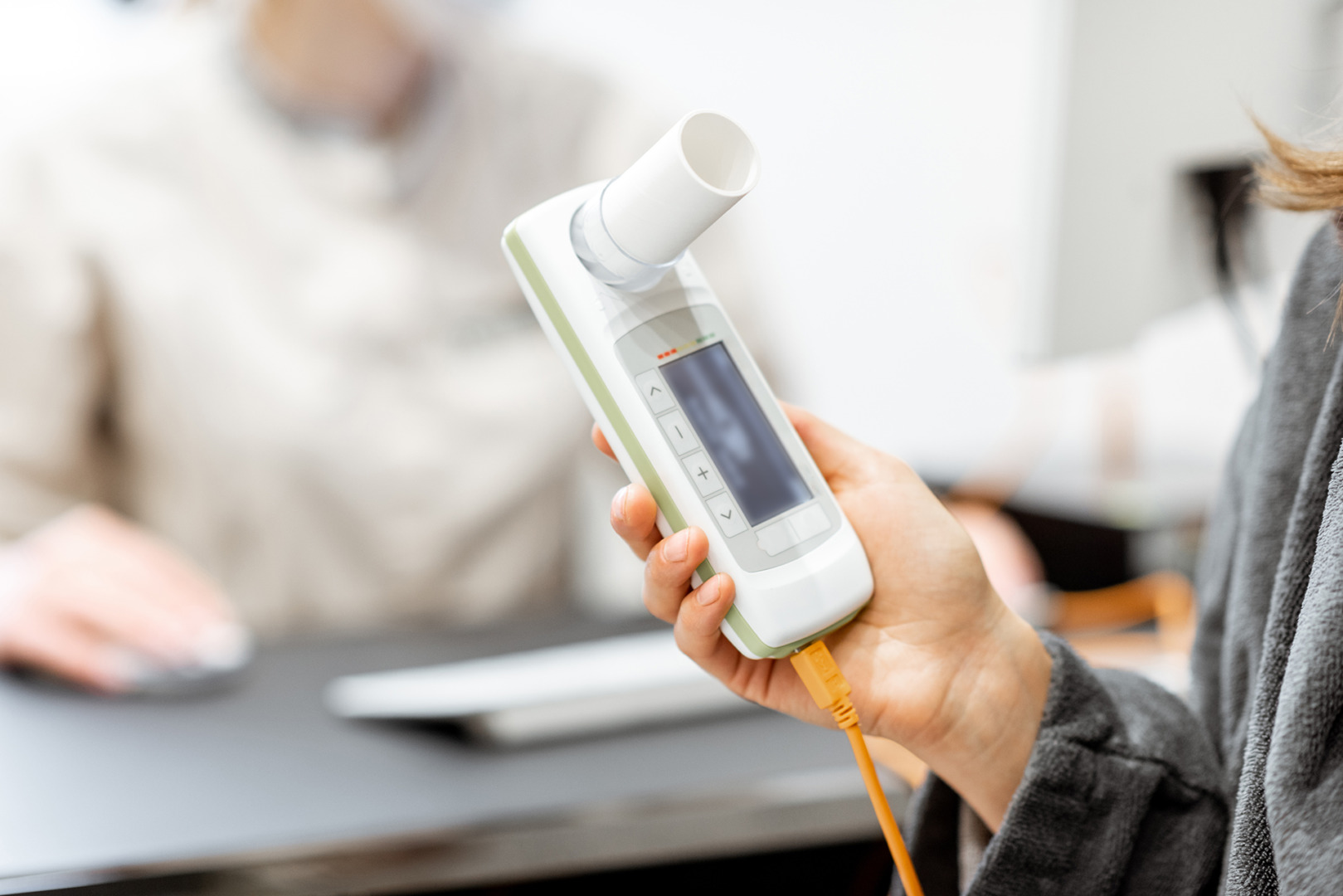The lungs are a vital part of your body’s system, working hard to bring oxygen into the bloodstream and expel carbon dioxide from the body. When lung function is impaired, it can affect everything from daily activities to long-term health. A lung function test (LFT) is a non-invasive way to measure how well the lungs work. These tests are beneficial in diagnosing, monitoring and managing lung conditions. Most lung function tests are done in outpatient settings and are simple and noninvasive.
For thoracic surgeons, a lung function test is important to see if a patient is fit for surgery or needs more treatment for lung diseases. Understanding these tests can empower individuals to take charge of their lung health and seek medical advice when needed.
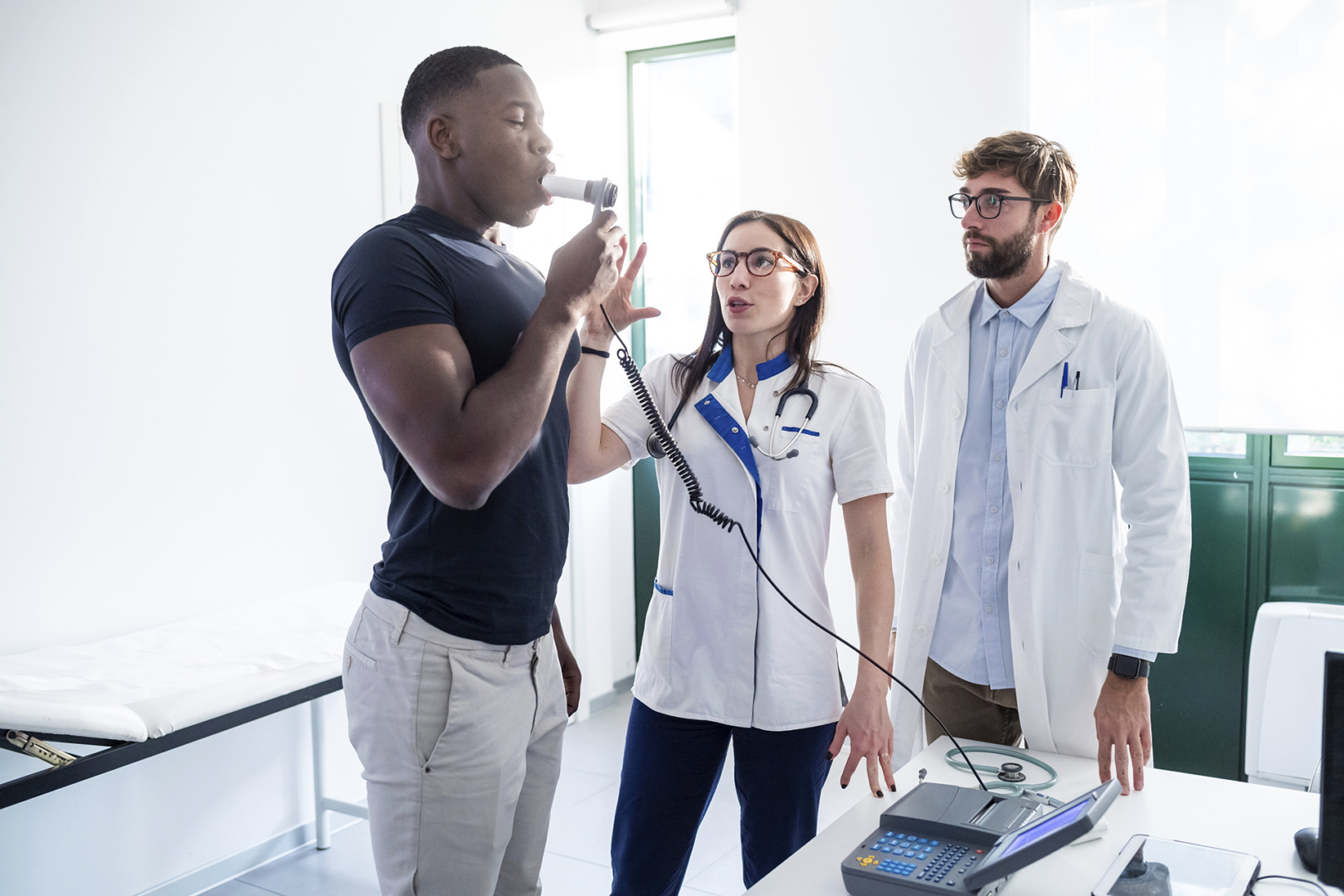
What are Lung Function Tests?
Lung function tests, also known as pulmonary function tests (PFTs), measure how well your lungs and airways work. These tests look at various aspects of lung health, including the efficiency of your nose, throat, trachea (windpipe), and bronchial tubes.
By measuring lung volumes, airflow, and gas exchange, lung function tests can help diagnose and monitor a diverse range of lung diseases, such as chronic obstructive pulmonary disease (COPD), asthma, and pulmonary fibrosis. Common lung function tests include spirometry, lung volume tests, and gas diffusion tests, each looking at different aspects of pulmonary function.
Additionally, by analysing lung performance, thoracic surgeons use these tests to assess lung capacity before surgery to ensure patients can tolerate procedures such as lung resections or tumour removals.
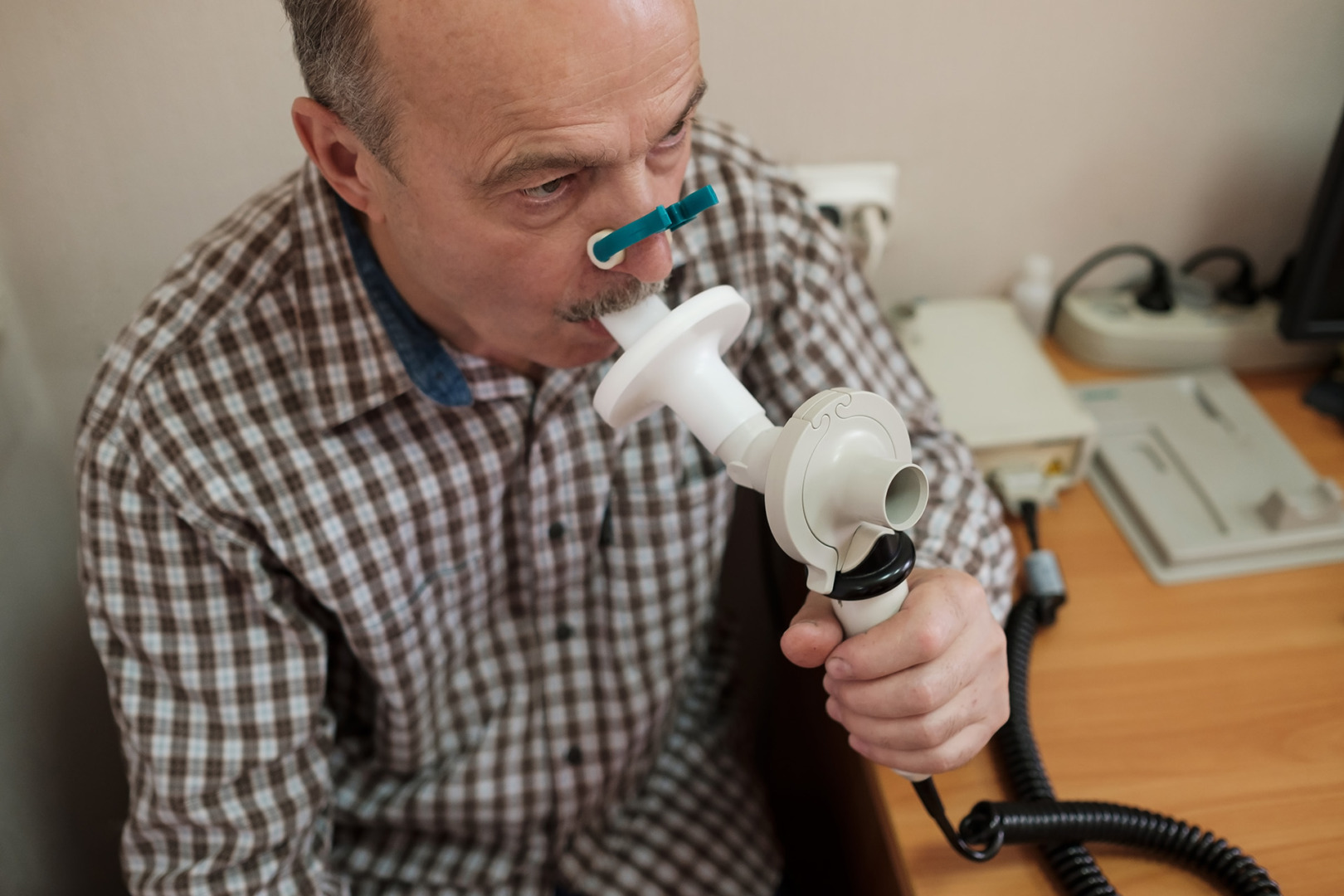
Preparing for Lung Function Testing
Proper preparation is key to getting accurate lung function testing results. Here are some general guidelines to follow before your test:
- Wear loose clothing: This will make breathing deeply and moving around easy during the test.
- No smoking for at least 24 hours: Smoking can affect lung function and skew test results.
- No heavy meals: Eating a big meal before the test can be uncomfortable and affect your breathing.
- No strenuous exercise: Refrain from intense physical activity for at least 30 minutes before the test to ensure your breathing is at a normal baseline.
- Inform your doctor about any medications: Some can affect lung function, so let your doctor know what medications you are taking.
By following these steps, you can help ensure lung function testing gives you the most accurate and useful information about your respiratory health.
How Is a Lung Function Test Done?
The lung function test process varies depending on the type of test required. Most involve the patient breathing into a special device that measures different aspects of lung performance. A cardiopulmonary exercise test (CPET) is one type of lung function test that assesses exercise capacity and cardiovascular response during physical exertion.
The most common types of lung function tests include:
- Spirometry: Spirometry is one of the most common lung function tests. Patients take a deep breath before exhaling as hard as they can into a mouthpiece attached to a machine that records the volume of air inhaled and exhaled and the speed of airflow. This test is useful in detecting obstructive lung diseases such as COPD and asthma where airflow is restricted.
- Lung Volume Testing: This lung volume test determines how much air the lungs can hold. It uses a body plethysmograph, a sealed chamber where the patient breathes through a mouthpiece while measuring pressure changes. It can be uncomfortable as you are in a confined space and need to breathe through a mouthpiece, but a healthcare professional will monitor your safety. Unlike other lung function tests, it does not require an airtight room. It helps diagnose restrictive lung diseases where the lungs cannot fully expand.
- Diffusion Capacity Test: This test evaluates lung diffusion capacity, measuring how easily gas transfers from inhaled air to red blood cells. A small amount of carbon monoxide is inhaled, and its absorption rate is measured. This test is important in detecting lung scarring and interstitial lung diseases.
- Bronchial Challenge: Used to diagnose asthma, this test involves inhaling a substance that temporarily narrows the airways to measure how reactive the lungs are.
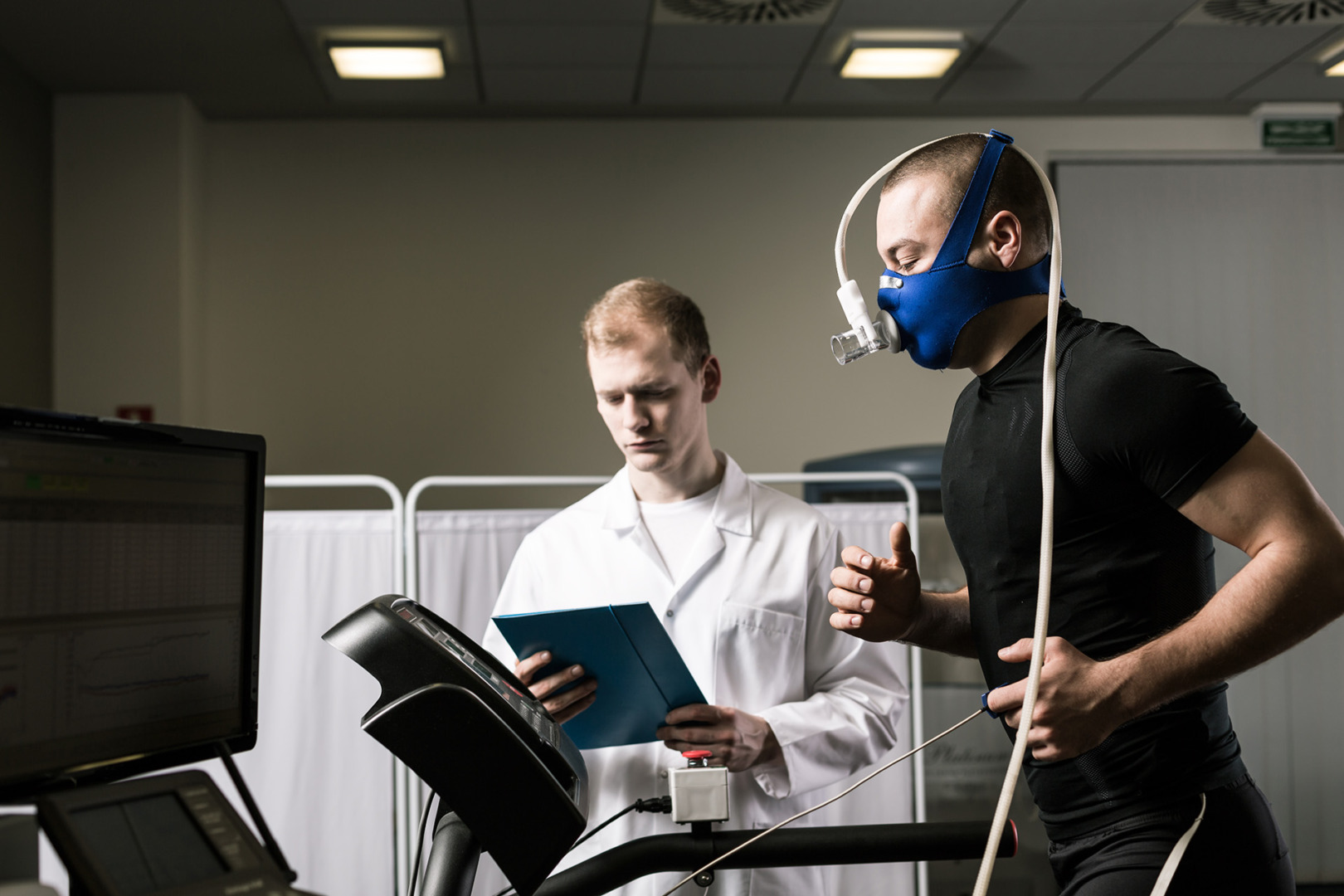
Risks and Side Effects of Lung Function Testing
Lung function testing is generally safe and non-invasive, but there may be minor side effects like any medical procedure. Some people may experience:
- Dizziness or lightheadedness: This can occur during or after the test due to deep or rapid breathing.
- Shortness of breath or coughing: These symptoms may occur during or after the test, especially if you have a pre-existing lung condition.
- Mild discomfort or fatigue: It’s normal to feel a bit tired after the test due to the effort of breathing exercises.
In rare cases, more serious complications can occur. Pneumothorax, or collapsed lung, is a rare risk for those with underlying severe lung diseases. Respiratory failure is a risk for those with advanced lung disease, though this is uncommon.
Before undergoing lung function testing, please discuss any concerns or risks with your doctor so you can be aware of the risks specific to your condition.
How Long Does a Lung Function Test Take?
A lung function test takes about 30 minutes to 1 hour, depending on the number of tests done. Some patients may require more time if multiple tests are done, such as spirometry and diffusion capacity tests. It is generally safe, though some may feel dizzy or short of breath during the test. The medical team will ensure a smooth and guided process to make the experience as comfortable as possible.
Interpreting Lung Function Test Results
After the test, your surgeon will interpret the results by comparing them to the expected values for a healthy person of the same age, sex and height. This will determine if your lung function is within normal range or not. Abnormal results may indicate a lung disease such as COPD or asthma. Your doctor will explain the results in detail so you can understand what it means for your lung health and what to do next.
Lung Function Tests and Thoracic Surgery
Thoracic surgeons use lung function tests to decide lung health and surgical planning. These tests help:
- Assess surgical risk: Before procedures like lung resections or tumour removals, doctors will check if the remaining lung tissue will function well after surgery.
- Monitor disease progression: Patients with chronic lung diseases undergo testing to track lung health over time.
- Optimise treatment strategies: Lung function results determine if patients need additional interventions like pulmonary rehabilitation, bronchodilator therapy or oxygen support.
In lung cancer cases, early detection through lung function testing can significantly impact treatment success, allowing surgeons to act fast and effectively.
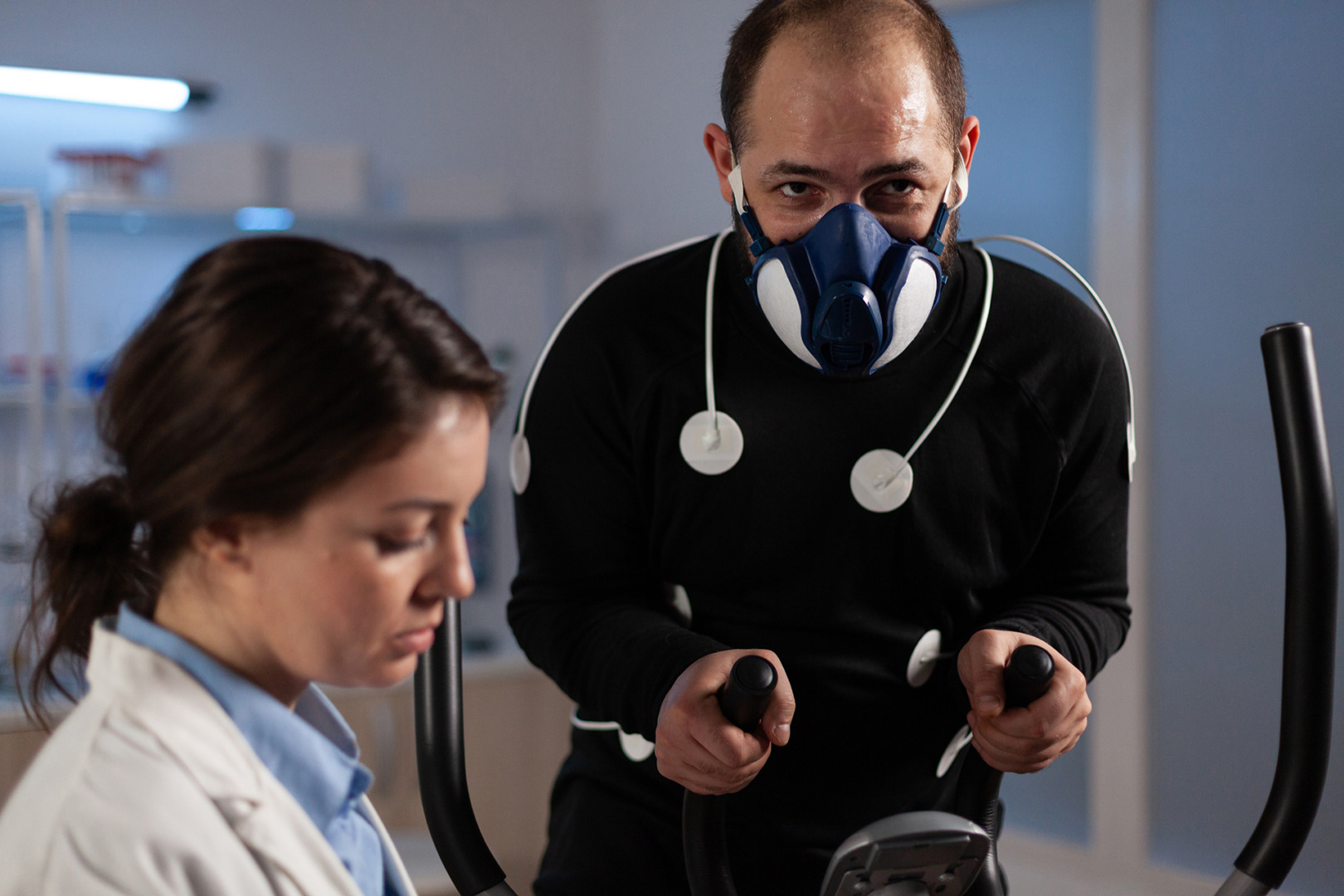
What to Do After Lung Function Testing
After your lung function testing, your doctor will explain the results and recommend next steps. Depending on the results, you may need more tests, like imaging studies or blood tests, to confirm a diagnosis. You may be prescribed medication or advised to make lifestyle changes to manage a lung disease. Regular lung function tests may also be recommended to track a lung condition.
In some cases, you may be referred to a pulmonologist for further evaluation and treatment. Follow your doctor’s advice and attend follow-up appointments to manage your lung health and get the best possible outcomes.
Where to Get a Lung Function Test in Singapore
If you are experiencing shortness of breath, chronic coughing or think you may have a lung condition, getting a lung function test is a proactive step to diagnosis and management.
At Neumark Lung & Chest Surgery Centre, lung specialists and thoracic surgeons offer state-of-the-art diagnostic and treatment options. From early lung cancer detection to managing complex respiratory conditions, the centre is committed to providing expert care tailored to each patient’s needs.
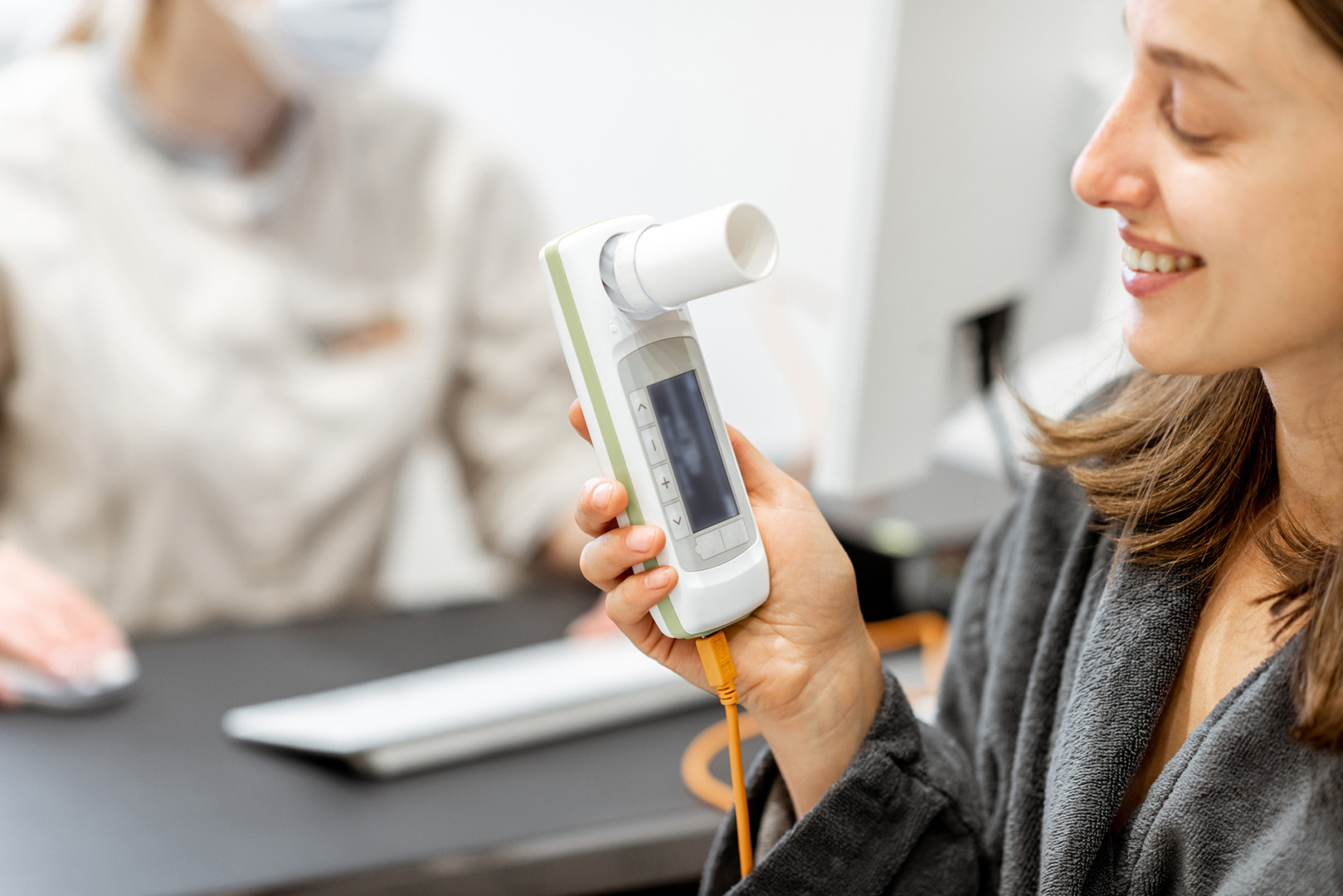
Take Charge of Your Lung Health Today
Your lungs are vital to overall health. Monitoring their function can detect diseases early and optimise treatment. Whether you need a lung function test for routine screening, a pre-surgical evaluation, or to diagnose a respiratory condition, Neumark Lung & Chest Surgery Centre is here to help.
If you or a loved one needs a lung function test in Singapore, contact Neumark Lung & Chest Surgery Centre today to book an appointment.

